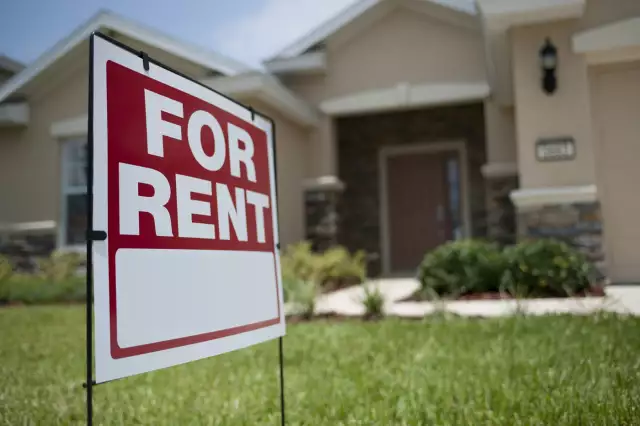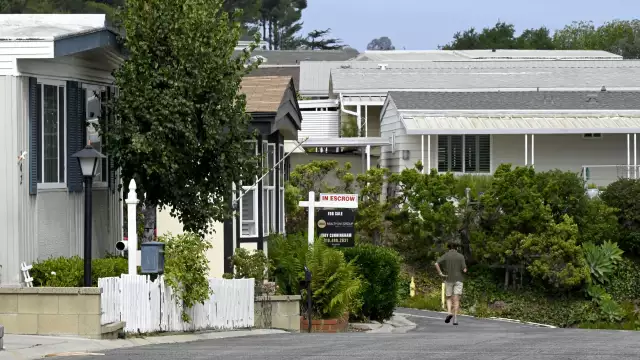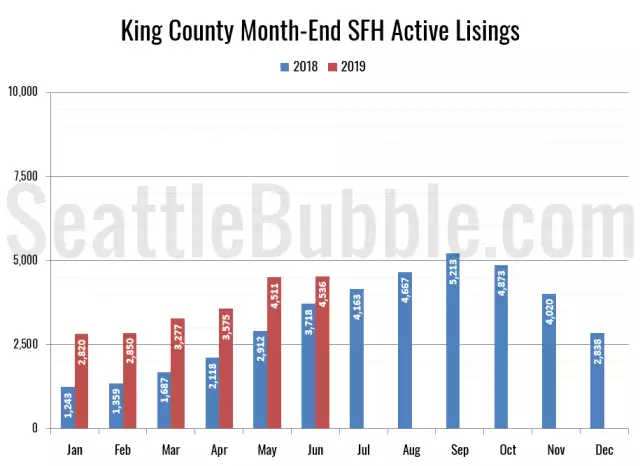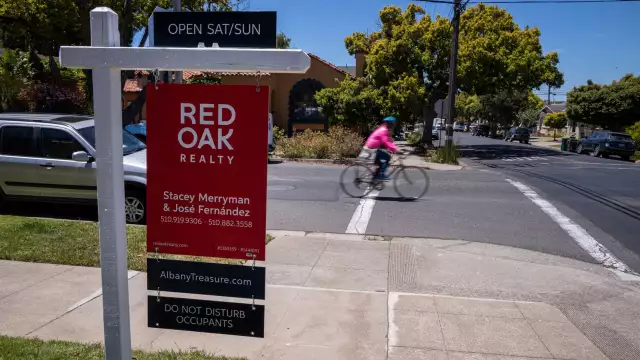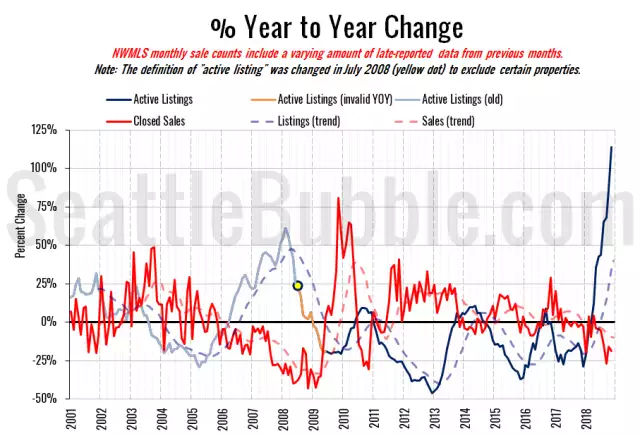Canadian rent prices were flat in June, but could rise further as demand grows - Mortgage Rates & Mortgage Broker News in Canada
Canadian rent prices were flat in June, but could rise further as demand grows - Mortgage Rates & Mortgage Broker News in Canada
The average rent in Canada took a breather in June, dropping slightly compared to May, according to data from Rentals.ca.
The flat reading follows a 3.7% monthly increase in May. Average rents are still 9.5% higher than they were last year, but are down 3.5% compared to pre-pandemic June 2019.
Five Canadian cities have seen rent prices for all property types soar over the past year by more than 20%:
But as report author Ben Myers, president of Bullpen Research & Consulting, pointed out, those oversized increases are largely due to rents having plummeted during the pandemic.
“A couple of those markets are still not even back to where they were prior to the pandemic,” he told CMT, adding that Vancouver is the anomaly, with rents significantly higher than they were in 2019.
Despite the average rent falling by $3 in June, Myers expects the trend of rising rents to continue due to a variety of factors, including record immigration numbers, international students returning to Canada, and growing demand from people returning to work in the cities coupled with an under-supplied market.
Another factor that’s driven rents higher in certain university towns is the fact that many students from three graduating cohorts didn’t move away for their first jobs, Myers said.
“A lot of these people stayed in their university towns, because in places like Kingston, Kitchener, Waterloo, London, we didn’t see any decreases in rents during the pandemic,” he said. “People stayed in those markets after they graduated from their universities and didn’t move to Toronto or Vancouver or Montreal for their first jobs. Now, they’re doing that.”
The impact of rising interest rates
A turn in the resale housing market is also having an impact, due largely to rising interest rates, Myers says.
“[the pace of interest rate increases] is certainly going to scare a lot of people, in terms of where they think the market’s going to go, but obviously the bigger impact is it also impacts their affordability and what they can afford to purchase,” he said. “So, if they’re, one, scared the prices are going to go down, and two, their affordability is significantly decreased, then they’re not going to buy. That just reduces supply in the rental market even more. “
While average home prices have come down from their February peak—down about 13% according to May data from the Canadian Real Estate Association—it hasn’t been enough to entice prospective buyers who are sitting on the sidelines.
“I still think we have a long way to go before prices come down enough to offset those rate increases,” Myers noted.
A cross-country look at average rent prices
Vancouver once again tops the list as the most expensive rental market among the 35 cities tracked by Rentals.ca, with an average rent of $2,936 (average of all property types). For a two-bedroom unit, the average jumps to $3,597.
Toronto is next up with an average rent of $2,463, followed by Mississauga, ON, at $2,297.
Looking at other key cities, renters pay an average of $1,848 a month in Ottawa, $1,752 in Calgary, $1,726 in Montreal and $1,372 in Winnipeg.
Saskatoon ($1,067) and Regina ($1,052) round out the list with the lowest average monthly rents.
